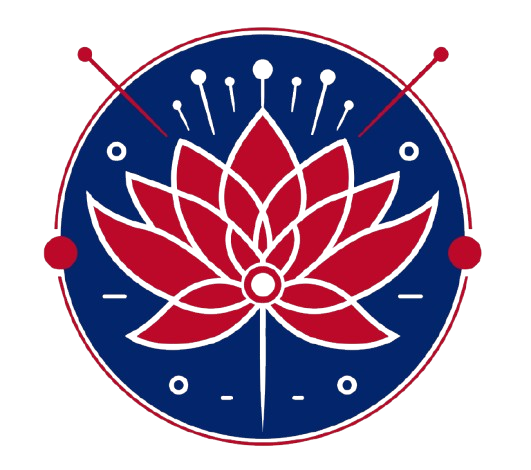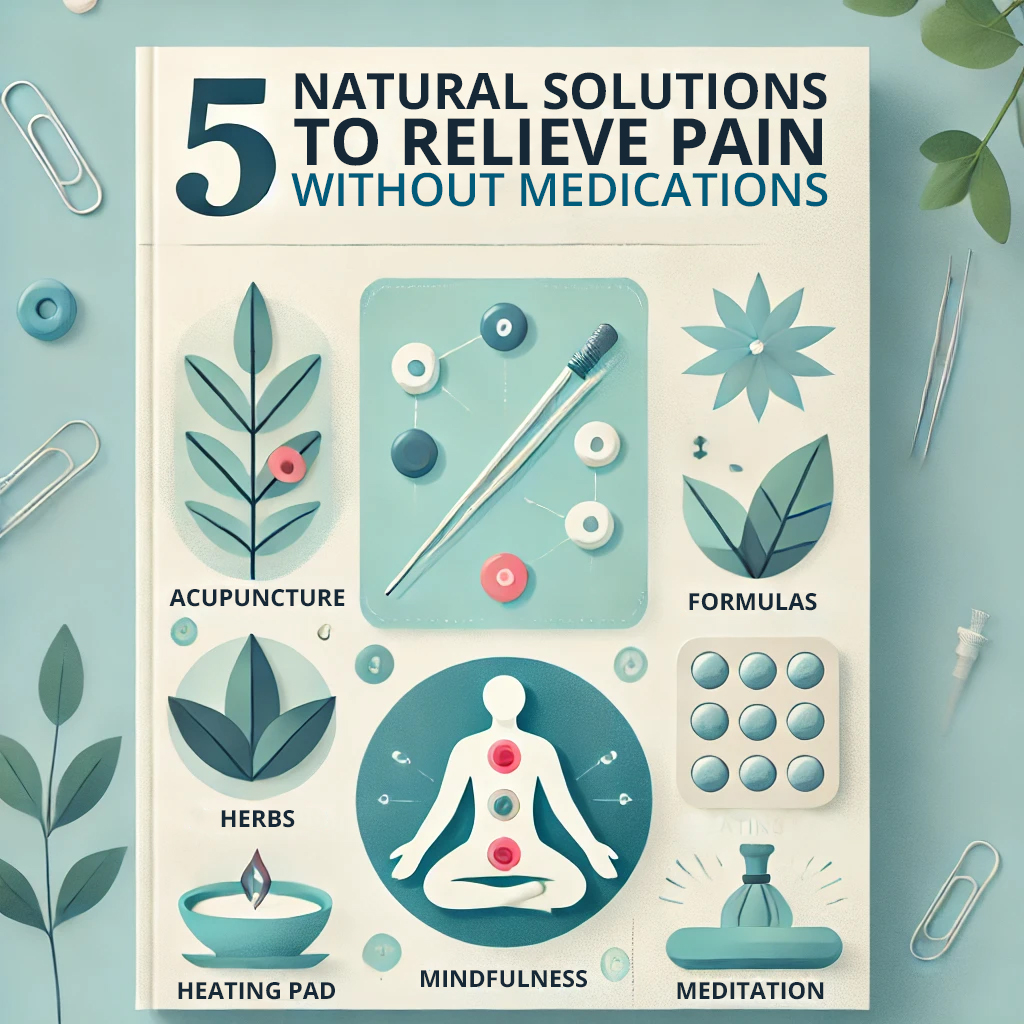You’re likely no stranger to the debilitating effects of chronic pain, and staying properly hydrated is vital to managing and preventing these uncomfortable symptoms, especially in St. Pete‘s subtropical climate where dehydration can easily sneak up on you. Dehydration leads to chronic low-grade inflammation, a significant contributor to chronic pain conditions, and impairs your immune system’s function, further fueling the inflammatory response. By prioritizing hydration, you’ll reduce inflammation, alleviate discomfort, and support your body’s natural healing processes. As you explore the importance of hydration in St. Pete, you’ll discover how simple changes can bring profound relief to your daily life.
Key Takeaways
- Dehydration exacerbates chronic pain by leading to low-grade inflammation, making it essential to stay hydrated for pain management in St. Pete.
- Drinking at least 8-10 glasses of water per day reduces inflammation and alleviates chronic pain symptoms, making hydration a crucial part of pain prevention.
- Proper hydration lubricates joints, cushions muscles, and maintains tissue integrity, reducing pain and discomfort in St. Pete residents.
- Staying hydrated helps regulate sleep patterns, vital for managing chronic pain, and supports the body’s natural healing processes, reducing inflammation and alleviating symptoms.
- Incorporating hydrating foods and monitoring urine color can help ensure optimal hydration, making it an effective strategy for managing and preventing chronic pain in St. Pete.
Dehydration’s Impact on Pain
When chronic pain strikes, dehydration may be a culprit you haven’t considered. You’re likely to focus on pain management strategies, but neglecting dehydration can worsen your symptoms. Dehydration can lead to chronic low-grade inflammation, a significant contributor to chronic pain conditions. Without sufficient water, your body can’t flush out toxins and waste products, allowing them to accumulate and exacerbate inflammatory responses. This can lead to a vicious cycle of pain and discomfort. In fact, stress and anxiety, which are common triggers of chronic pain, can also increase muscle tension, exacerbating neck pain Acupuncture’s Role. Additionally, dehydration also impairs your immune system’s function, further fueling the inflammatory response and increasing chronic pain. Furthermore, dehydration can cause muscle cramps, spasms, and overall muscle pain, as muscles are made up of approximately 75% water. Disruptions to electrolyte balances in your muscles can also lead to muscle cramps, spasms, and pain. By staying hydrated, you can alleviate pain and inflammation, taking a vital step towards effective pain management. Remember, proper hydration is key to supporting your overall health and reducing chronic pain symptoms.
Hydration Strategies for Relief
Now that you understand the connection between dehydration and chronic pain, it’s time to focus on practical strategies for staying hydrated and alleviating pain. By incorporating hydration into your pain management routine, you can reduce inflammation, manage chronic pain, and promote overall health. Acupuncture, a practice recognized by the World Health Organization WHO, has been shown to provide thorough pain relief and improve overall function in the thoracic region, making it a valuable complement to hydration strategies. Drink at least 8-10 glasses of water per day to reduce inflammation and alleviate chronic pain symptoms. Incorporating hydrating foods like watermelon, cucumber, and celery into your diet can also contribute to overall hydration. Monitor your urine color to confirm you’re properly hydrated. Aim for a pale yellow or straw-colored urine. Set reminders to drink water throughout the day and keep a water bottle nearby to establish a hydration routine and guarantee you’re drinking enough water to support pain relief.
Staying Hydrated for Pain Management
Staying hydrated is essential for effective pain management, as it plays a direct role in alleviating chronic pain symptoms. When you drink enough water, you’re helping to flush out toxins and waste products that can exacerbate pain. This is especially important for managing joint pain, as hydration helps to maintain joint lubrication, reducing friction and wear and tear on the joints. In St. Pete’s hot and humid climate, staying hydrated is pivotal to prevent dehydration, which can worsen chronic pain symptoms. Additionally, hydration can support digestive health by improving blood circulation and reducing inflammation, much like acupuncture’s benefits for gut health. By drinking at least 4-6 cups of water a day, you can reduce inflammation and alleviate pain symptoms. Additionally, proper hydration helps to support muscle health, reducing the risk of muscle cramps, spasms, and overall muscle pain. By prioritizing hydration, you’re taking a proactive step towards managing pain and promoting overall health. Remember, staying hydrated is a simple yet effective way to manage pain and improve your quality of life.
The Hydration-Pain Connection
The intricate connection between hydration and pain is a pivotal aspect of managing chronic pain in St. Pete. As you navigate the challenges of chronic pain, appreciating how hydration plays a paramount role in reducing inflammation and alleviating discomfort is imperative. Dehydration can lead to chronic low-grade inflammation, contributing to chronic pain conditions, as it reduces the body’s ability to flush out toxins and waste products, leading to a buildup of inflammatory substances. Proper hydration is also fundamental in addressing underlying causes of illness, rather than merely masking symptoms, as seen in traditional approaches. Staying hydrated helps to lubricate joints, cushion muscles, and maintain tissue integrity, reducing pain and discomfort, and proper hydration facilitates the effective transportation of essential nutrients to cells, promoting healing and reducing pain. Dehydration can disrupt the balance of electrolytes, such as sodium and potassium, in the muscles, leading to muscle cramps, spasms, and overall muscle pain, making it imperative to prioritize hydration in managing chronic pain.
Managing Pain With Hydration
Ideal hydration serves as a powerful catalyst in your pursuit of chronic pain management in St. Pete. By staying hydrated, you can alleviate chronic pain and reduce inflammation. Dehydration can worsen pain symptoms, making it essential to drink plenty of water throughout the day. Additionally, research indicates that acupuncture can help regulate sleep patterns, which is vital for managing chronic pain, as sleep deprivation can exacerbate pain symptoms better sleep experience. Aim to drink at least 4-6 cups of water daily, depending on your individual factors. Monitoring your urine color can also help you stay on track – if it’s dark yellow or amber, you’re not hydrating enough. In St. Pete’s hot and humid climate, staying hydrated is vital for managing pain. Dehydration can disrupt the balance of electrolytes in your muscles, leading to muscle cramps, spasms, and overall muscle pain. By prioritizing hydration, you can take a proactive step towards managing chronic pain. Proper hydration helps reduce inflammation and alleviate chronic pain symptoms by ensuring essential nutrients are effectively transported to cells and supporting the body’s natural healing processes. By incorporating hydrating foods into your diet and making hydration a habit, you can experience pain relief and improve your overall well-being.
Frequently Asked Questions
How Does Hydration Help With Pain?
You help your body manage pain by staying hydrated, as water lubricates joints, flushes out toxins, and promotes healing, reducing inflammation and alleviating pain symptoms, making it a vital step in maintaining overall health and well-being.
Why Is Hydration Important for Injury Prevention?
As you navigate life’s obstacle course, hydration is the safety net that prevents you from tripping into injury. By drinking enough water, you’re lubricating your joints, reducing friction, and keeping your muscles supple, allowing you to move freely and avoid those painful stumbles.
Does Drinking More Water Help Nerve Pain?
You’re wondering if drinking more water can help alleviate nerve pain? Yes, it can! Staying hydrated helps reduce inflammation, flush out toxins, and support nerve health, which can lead to fewer and less intense pain signals.
How Much Water Should I Drink to Reduce Inflammation?
You’re wondering how much water to drink to reduce inflammation? Aim for at least 4-6 cups daily, depending on your individual factors, and monitor your urine color – pale yellow or straw-colored is the goal, indicating proper hydration and inflammation reduction.
Conclusion
As you take the reins of your health, remember that hydration is the spark that sets the fire of wellness ablaze. By prioritizing water, you’re not just alleviating chronic pain, you’re releasing a life of vitality and freedom. Don’t let dehydration hold you back – drink up, and let the healing waters wash away your pain, one revitalizing sip at a time.
Step Into a Healthier Future
At Elite Care Acupuncture & Alternative Medicine, we are dedicated to helping you achieve your best health through personalized, holistic treatments. Whether you’re seeking relief from pain, managing stress, or exploring natural health solutions, our team is here to support your journey.
Connect with Us:
Address:
1105 7th Avenue North, Saint Petersburg, FL 33705
Phone: +1 (727) 606-8700
Website: www.EliteCare.clinic



